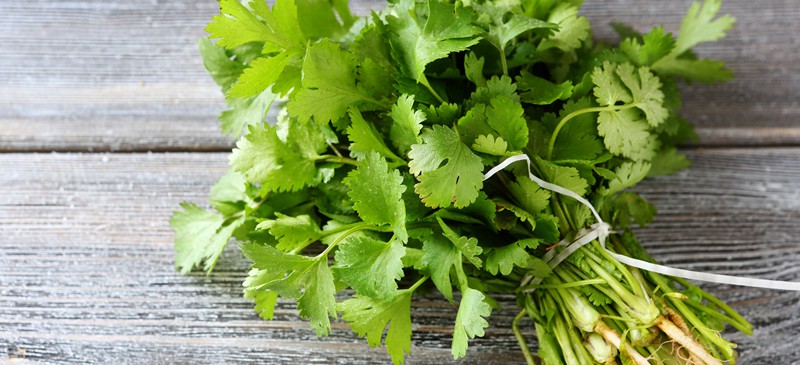Axe content is medically reviewed or fact checked to ensure factually accurate information. With strict editorial sourcing guidelines, we only link to academic research institutions, reputable media sites and, when research is available, medically peer-reviewed studies. The information in our articles is NOT intended cilantro aioli replace a one-on-one relationship with a qualified health care professional and is not intended as medical advice. This article is based on scientific evidence, written by experts and fact checked by our trained editorial staff.
Our team includes licensed nutritionists and dietitians, certified health education specialists, as well as certified strength and conditioning specialists, personal trainers and corrective exercise specialists. Our team aims to be not only thorough with its research, but also objective and unbiased. So what does cilantro do to your body? This article will take a look at the potential cilantro benefits and side effects, plus some easy ways to add this versatile, healing herb to your daily diet. Cilantro is a popular herb popular around the globe that resembles flat leaf parsley at first glance, but at first sniff, it transports you to the Mediterranean, Mexico, Asia and India. It gives a fresh boost of flavor, without the addition of sea salt or other seasonings. This versatile herb is used in everything from guacamole and salsa to curries, noodle dishes and chimichurri sauces of Argentina.

Not only does this flavorful, bright herb have unlimited culinary applications, but surprisingly to many people cilantro benefits the body and has many known healing properties. One of the reasons that it is so unique is due to its versatility. While green and leafy, it brings a fresh, nearly citrusy flavor to foods. Once it flowers, it produces the seeds, and the flavor of the leaves intensify. Plus, the coriander seeds that it yields contain their own health benefits.
Rids the Body of Heavy Metals Arsenic, cadmium, aluminum, lead and mercury can become resident in our tissues. This can lead to heart disease, hormonal imbalances, neurological conditions, infertility and so much more. One animal model found that Coriandrum sativum significantly decreased lead-induced oxidative stress, while another study found that it actually accelerated the removal of heavy metals from the body. Protects Against Oxidative Stress Oxidative stress is linked to a wide array of degenerative diseases, including some types of cancer, heart disease, arthritis, Alzheimer’s disease, macular degeneration and much more. This herb’s strong antioxidant properties, in part due to the flavonoid quercetin, helps protect against the damage caused by free radicals in the body. Reduces Anxiety This herb can help calm the nerves and improve sleep quality due to its natural sedative properties. Some of the most common side effects of valium include confusion, hallucinations, risk-taking behavior, agitation, aggression, memory problems and muscle weakness.